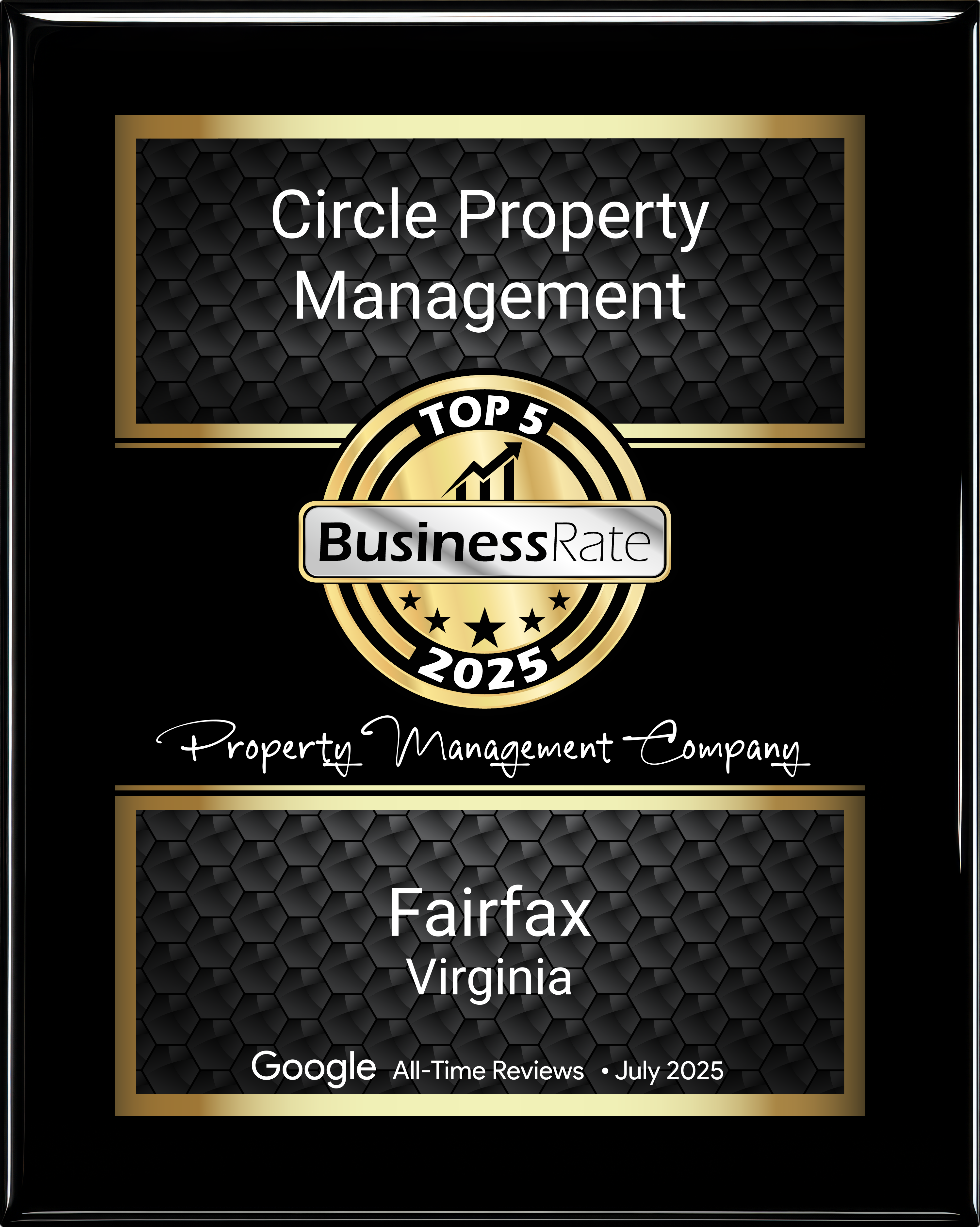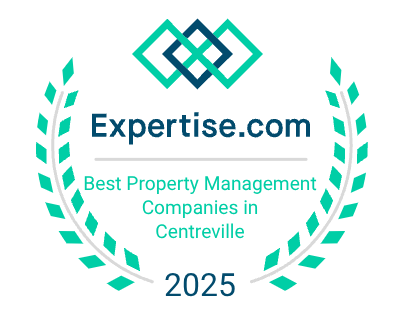Investing in a property is a big decision. You want to consider all the details when it comes to buying a property for the sole purpose of using it as an investment.
For this, it helps to have people who know all about investment properties and the benefits, challenges, and risks they represent, namely professional and experienced property managers, such as Circle PM.
People who are new to investing will often buy a home they’re emotionally attached to rather than one that represents a good return on investment (ROI). When you work with property managers to buy your investment property, you can evaluate the home for its return on your cash rather than just its curb appeal.
Here are the top reasons why you should use a property manager to purchase your next investment property rather than going at it alone.
Get a Trained Eye on Your Potential Property
What do you look for when you go see a house?
Do you look at the hardwood floors, granite countertops, or the size of the closet in the master bedroom?
This is the eye of a home owner but not that of an investor. Property managers look at real estate from the prism of an investment. They scrutinize real properties for their ROI and their potential to be a great income property for you.
Property managers use their critical eye to evaluate the risks, like condition of the mechanical equipment, age of appliances, and any potential risks due to health and safety. These are all important and may not be apparent to investors who don't have experience in this area.
Getting a trained eye on your potential investment can help you see the property for its monetary worth rather than its sentimental worth.
Understand the Costs Involved
When you have a property manager analyze your potential property, they’re looking for more than ROI and its appeal to prospective tenants.
Property managers review the potential maintenance costs over the term of your investment. There are many factors that affect the costs associated with maintaining your investment. These include regulatory concerns as well as requirements by associations (HOAs).
These details may seem insignificant but can quickly add up. In order to better understand the costs involved, it helps to have a professional who’s familiar with each and every detail of a potential investment that could cost you.
Knowing the costs before you make the purchase can help you better evaluate your options when it comes to securing the best investment properties for you.
Evaluate Any Potential Challenges with Tenants
Your tenants are going to become the hub of your property investment. This means keeping them at the front of your mind when evaluating a property is essential.
This is where a trusted property manager comes in. They examine things like the rules and regulations of condos and Home Ownership Associations (HOAs) in order to see what challenges, if any, will be faced by a prospective tenant.
A property may look great on the outside, but properties that are not tenant friendly can lead to delays with placing a new tenant.
Property managers also examine the ease with which you’ll be able to rent your property. Some properties pose challenges with renting, which will cause a loss of potential income and a higher rate of vacancies. Others are easy to rent and will offer you the most return on your investment.
Considering Purchasing Investment Properties? Talk About Partnering with Circle PM
When it comes to buying your next investment property, trust an experienced property manager to evaluate the home for you. Will it appeal to future tenants? Will it be easy to rent? And most of all, will it be a good investment?
The property managers at Circle PM can help you answer all these questions and more!
About The Author
 Eric Guggenheimer - SFR, ARM ® » Principal Broker, Certified Property Manager, IREM, ARM, NARPM, NVAR, NAR, VAR
Eric Guggenheimer - SFR, ARM ® » Principal Broker, Certified Property Manager, IREM, ARM, NARPM, NVAR, NAR, VAR

















